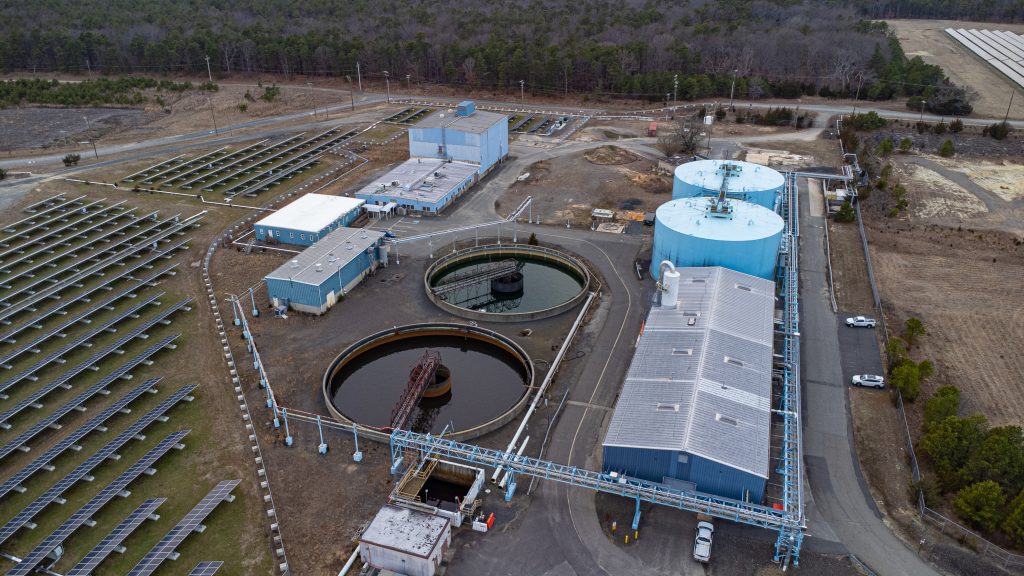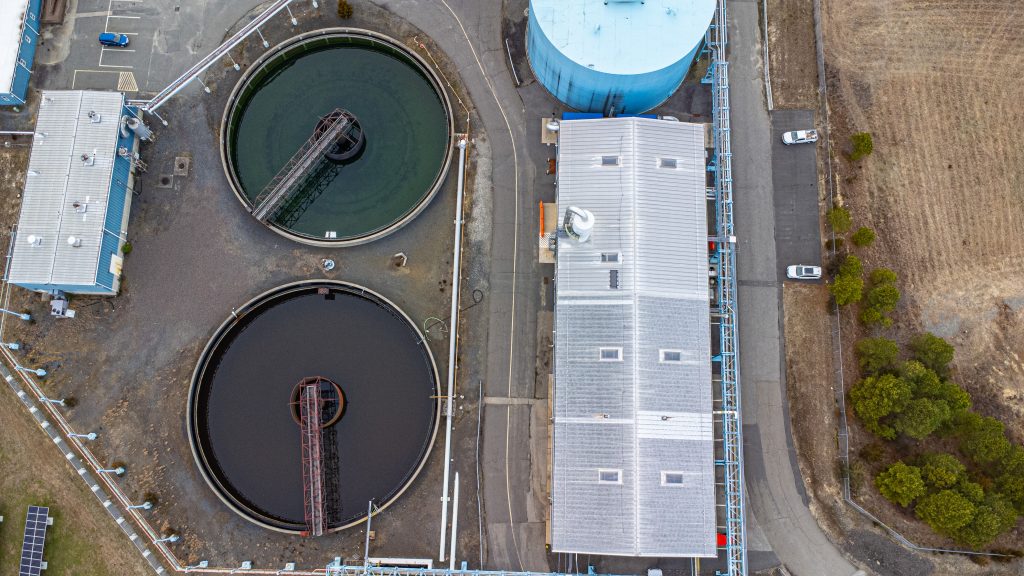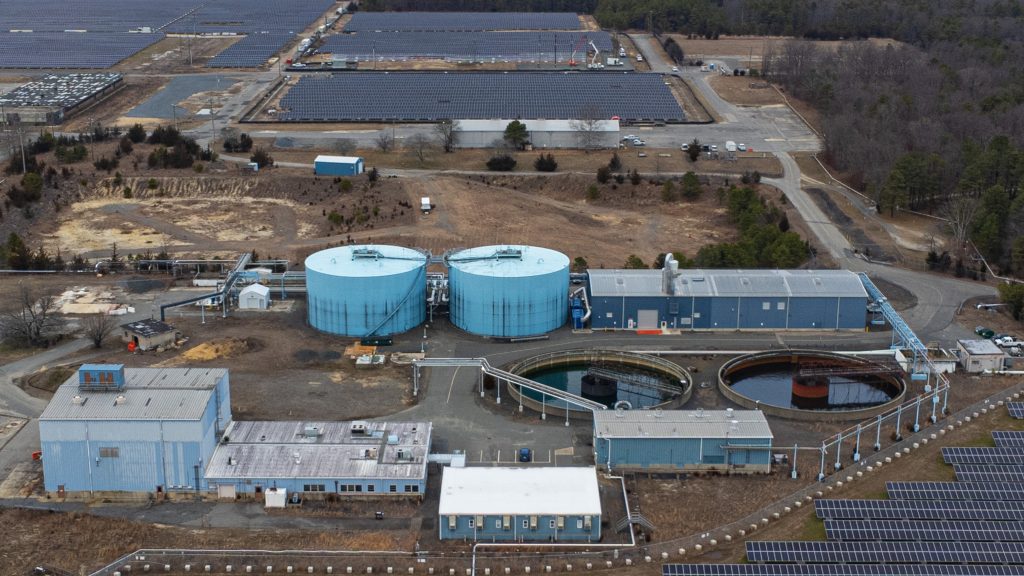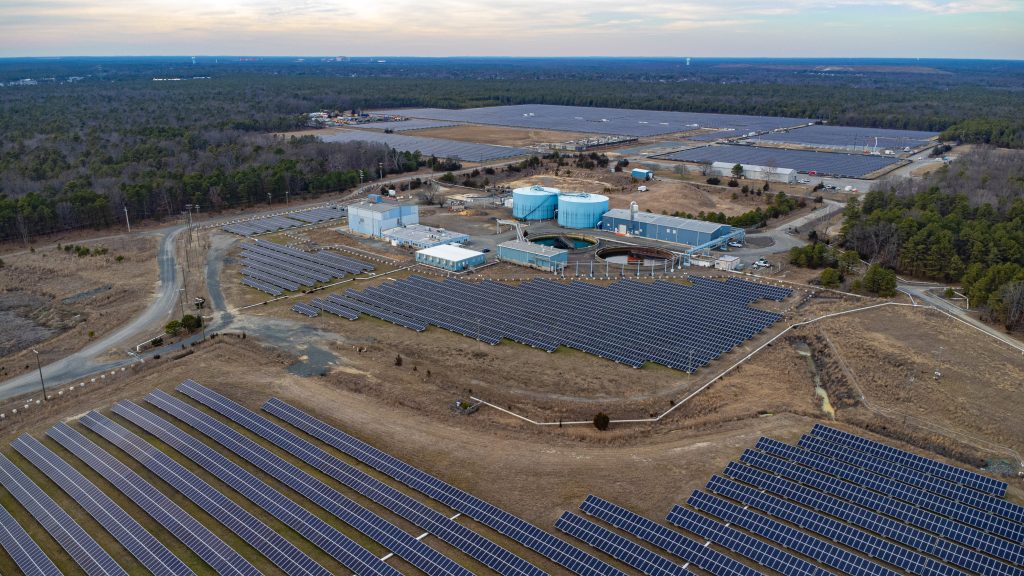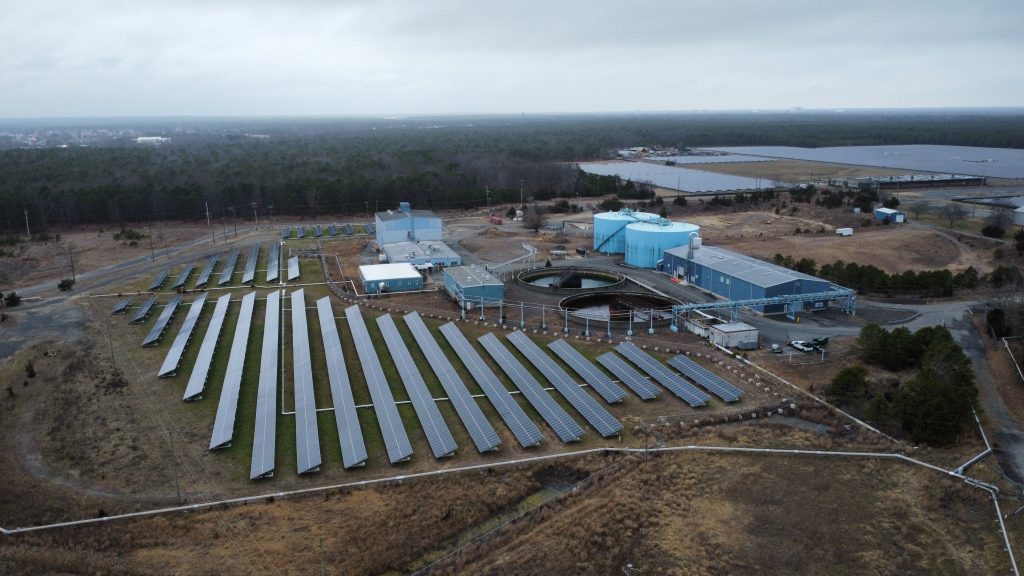Toms River officials this week introduced an ordinance that would prohibit conservation or environmental uses of property in the township’s two industrial zones, representing a potential roadblock to the state’s controversial plan to settle claims with the owner of the Ciba-Geigy Superfund site that is responsible for a cancer cluster and pollution in town.
In December, the state Department of Environmental Protection proposed a settlement with BASF, the German corporation that inherited the site through a series of mergers, in which the company would not have to disperse any funds beyond the cleanup effort already underway. BASF would donate about 1,000 acres to the state which would be placed under a conservation easement with the aim of turning the contaminated property into a park with walking trails and a museum. The plan, hatched without any input from local officials, has been derided by residents, council members and environmental advocates as a “sweetheart deal” that would allow BASF to avoid establishing a victims’ compensation fund while retaining about 250 acres that, theoretically, could be developed into commercial space. Adding to the frustration was the $17 million Toms River taxpayers were forced to turn over to BASF after the company filed a tax appeal and represented the property as being all but worthless.
The ordinance, introduced Wednesday, specifically prohibits “conservation and/or environmental uses or restrictions” in the township’s light industrial zone and general industrial zone. The ordinance, if adopted following a hearing and second vote at the council’s next meeting, could represent an impediment to the state’s plan to acquire 1,000 acres of the property and place it under a conservation easement.
“The unilateral placement or recording of a deed restriction or conservation easement by a property owner which is not part of an approved plan for development approved by the Township Planning Board or Zoning Board of Adjustment” would be banned, the ordinance states.
Mayor Maurice “Mo” Hill emphasized the fact that the ordinance would not only apply to the Ciba-Geigy site, but all industrial zones in the township. As a result, if the ordinance is adopted, attempts to create conservation areas out of land in industrial zones would require a variance from the township’s zoning board.
“We have the support of Save Barnegat Bay on this [ordinance],” said Hill. “They have a staff that has researched it, and it would allow us to keep control of our zoning.”
The Ciba-Geigy site would likely represent the first test of such an ordinance.
“They’ve made a decision to take 1,000 acres and call it a conservation zone or easement,” said Hill. “That should be done by the township, not the state.”
Hill has called for the state to scrap its settlement plans as initially proposed in order to establish a victims’ compensation fund, transfer the remaining 250 acres to township ownership and further address the lingering effects of pollution and the cancer cluster that propelled Toms River into the national consciousness following the publication of the Pulitzer Prize-winning book, “Toms River” by author Dan Fagin.
After a massive public outcry, the state agreed to extent a public comment period on the settlement and hold a public meeting in Toms River on Monday, March 13 at Toms River High School North. The public comment period expires April 5.
Read the Ordinance:


Police, Fire & Courts
Toms River Man Sentenced to Prison for Assault, Eluding, Robbery, Threats

